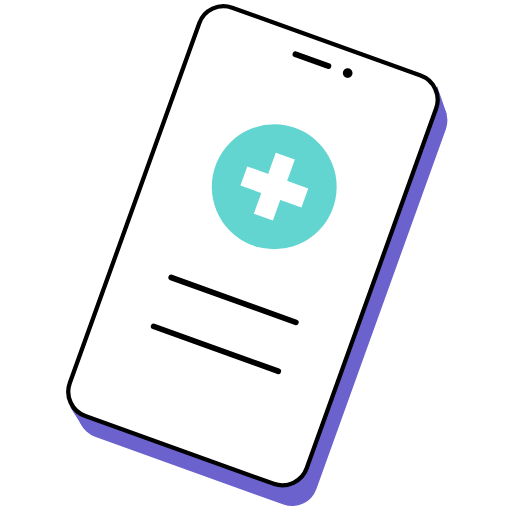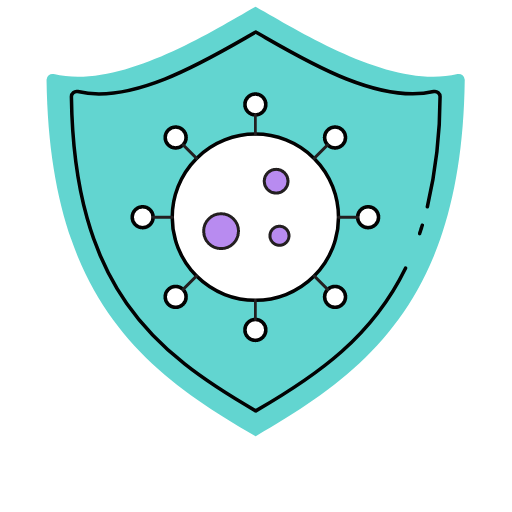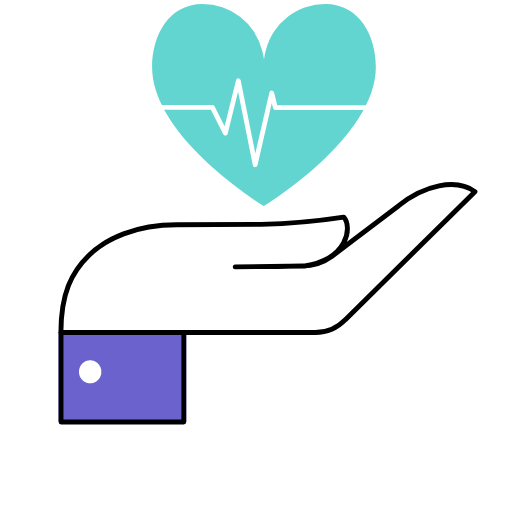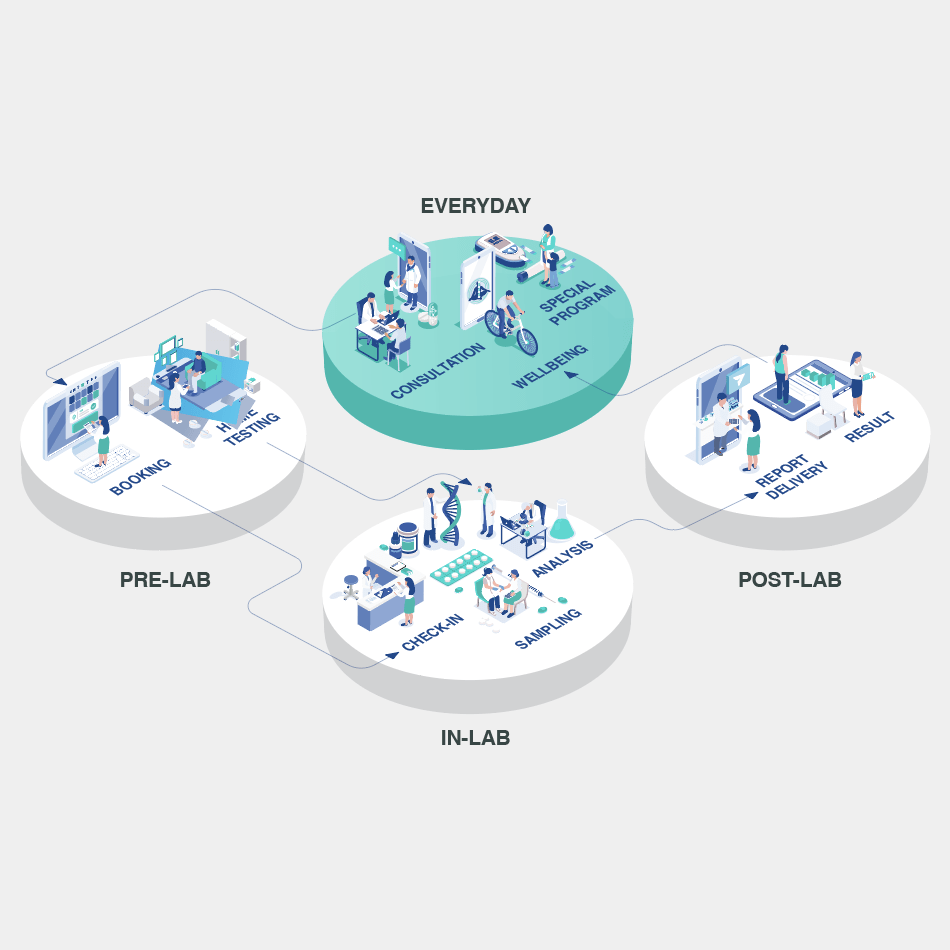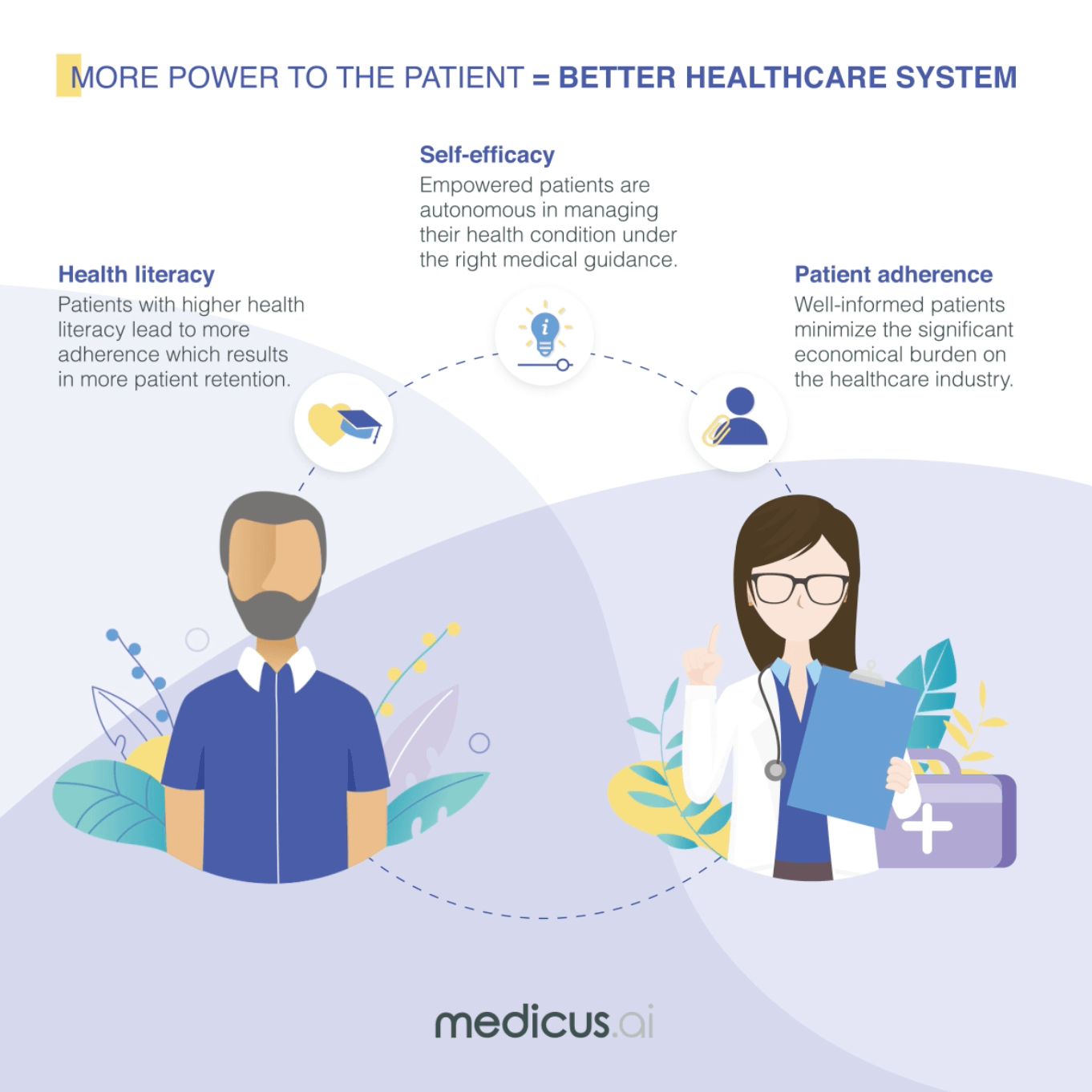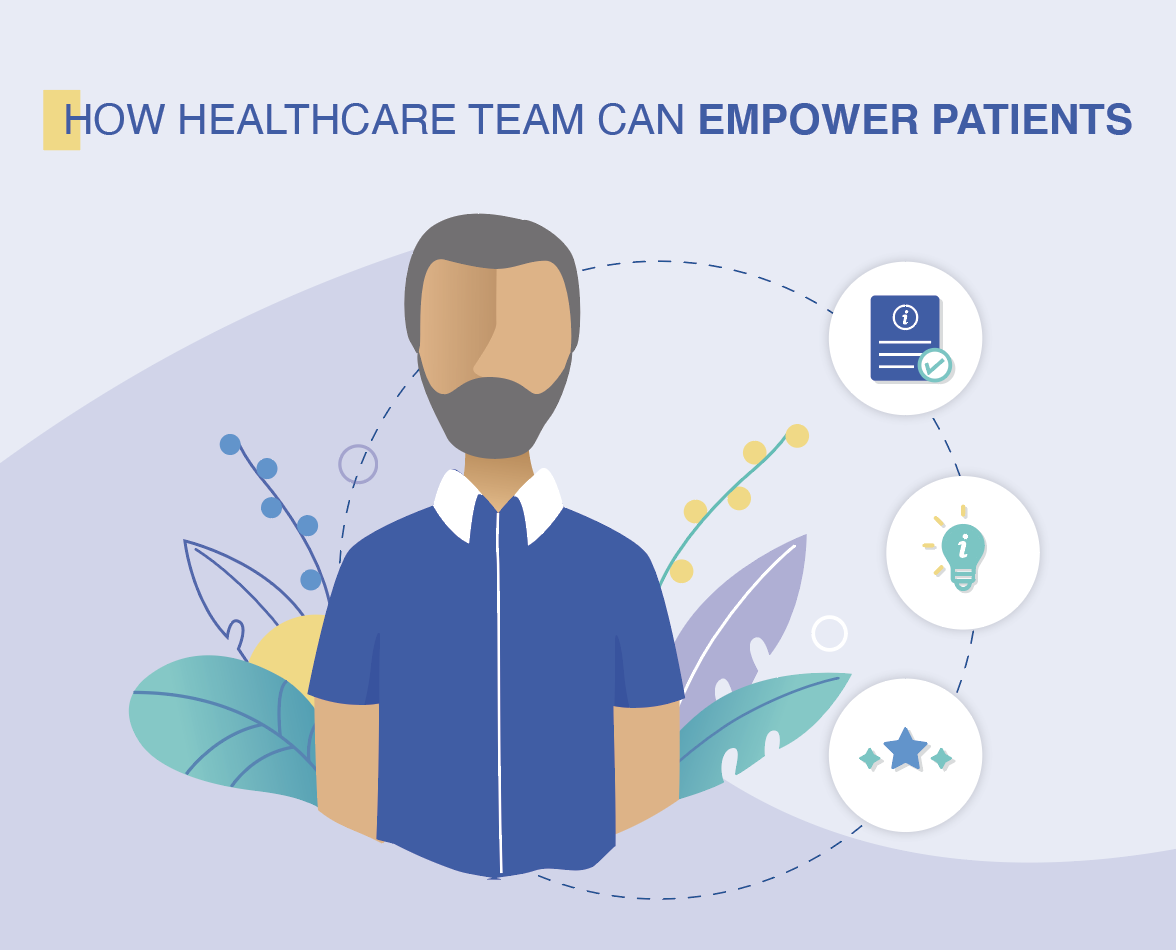In our previous piece on patient empowerment, we defined what patient empowerment is and highlighted its importance in the industry. We also described some factors that are vital for patient empowerment. An important note that we covered is that patient empowerment is not a standard single-step operation that can be applied under any context. It is a complex result of interacting dynamics and relationships that create a new empowering reality for the patient. One where he can have more control over his health and decisions. One where he becomes a constituent of the healthcare system rather than being simply the system’s client. We covered several factors that contribute to patient empowerment such as accurate and user-friendly information, and underlined the fact that it is also influenced by external elements. This sequel intends to delve into more components that are pivotal to the overall empowering process and conclude with a few underlying challenges that one must take into consideration when thinking of patient empowerment.
Reciprocal Respect
Respect lies at the heart of every successful relationship. It is required by both sides of a conversation in order for it to lead to positive outcomes. Every industry in the world relies on strong relationships to produce successful transactions, and the healthcare industry is no different. Interactions between patients and doctors, doctors and nurses, insurance companies and patients all require respect across the board. Patient empowerment cannot take effect if respect is not reciprocal, it cannot come to fruition if interacting parties do not see themselves as equals. Yes healthcare professionals are the experts, but patient experience must not be undermined. Empowerment is therefore built on relationships that can be perceived as productive partnerships. Respect is highly valued at Medicus; it is upheld with partners and patients in every step of the way. What helps us in preserving such a principle is the credible and trustworthy information that we share with our partners and clients and exhibit through our best-in-class products.
Participative Decision-Making
We’ve established that partnerships are essential to empowerment, and that equality must be valued. Thus, it would not be exactly out-of-order to suggest that a participatory approach in decision-making should be considered. A patient can take part in deciding on their health choices thanks to a combination of clinician expertise, accurate information provided in an understandable format, and patient personal experience. Should I undergo surgery? Do I need medication? What are my options? These are all questions that a patient should be actively involved in answering under the technical guidance of the healthcare professional. Such guidance should also take into consideration the patient’s experience. For example, doctors need to understand the patient’s lifestyle and attempt, when possible, to provide treatment that does not majorly interfere with their lifestyle (suggesting a weekly injection instead of a daily pill, recommending double dosage on alternate days instead of a daily routine, etc.). Respecting the patient’s lifestyle is often vital as failing to do so may ultimately lead to non-adherence. At Medicus laboratories, we are currently working on enhancing the decision-making process. A clinical decision support system to support patient empowerment is currently on our operating table, but that’s a story for another day.
An Enabling Medium
As we’ve outlined before, patient empowerment cannot flourish without an embracing habitat. Patients must be guided, supported, and assisted in an unfamiliar territory. They did not take Patient 101 classes, nor do they have a diploma in dealing with their health. They’re just humans who need help to overcome, enhance, and/or cure their health conditions. They must have the necessary bridge to be able to cross a quite hectic highway. From our side of the road, we attempt to enhance the patient’s environment by providing medical reports in digital, onscreen interactive form, and in PDFs and hard paper for those who are less tech-savvy. Our products are also localized and tailored to the patient’s language and culture to ensure optimal experience.
Wrapping it Up
Speaking of languages, and even in today’s globalized world, patients are not always offered healthcare services in their preferred language. Accessible and affordable insurance is also absent in some parts of the world. These are only some of the challenges that stand in the way of patient empowerment. While several factors can come together to empower the patient, there are existing challenges that need to be addressed. The healthcare industry should pursue its efforts in assisting patients in overcoming them, which will definitely lead to better outcomes for all.





